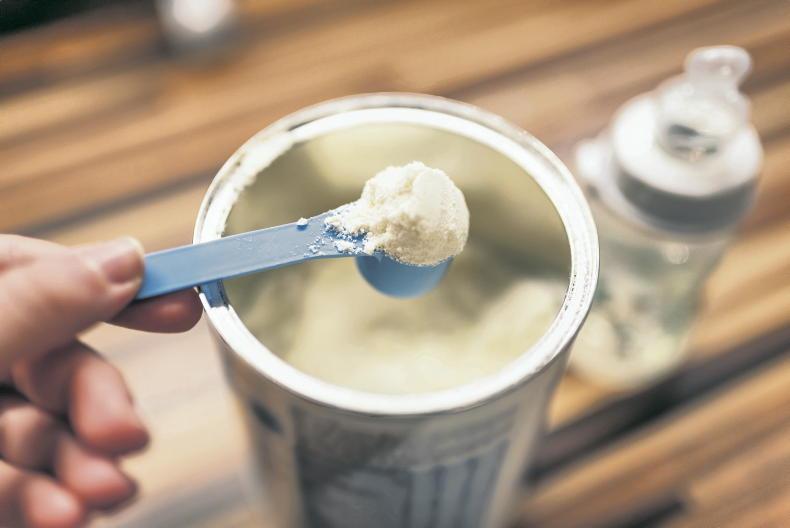Bread is Ireland’s most wasted food, with 41% of people reporting they have thrown it away in a recent Environmental Protection Agency (EPA) survey.
After bread, fruit and salad are the foods thrown out most often from the home. The survey sampled 1,000 people on their attitudes towards food waste.
It found the main reasons for waste was food passing its use-by date and forgetting to eat leftovers in time.
Concern
Fifty-four percent of all people surveyed said food waste was an issue that concerned them.
It was found that people have a strong sense of their role in preventing waste and expected retailers, restaurants and manufacturers to act on food waste.
Programme manager in the office of environmental sustainability Mary Frances Rochford said: “Irish households produce over 250,000 tonnes of food waste per year, at a cost of €700 per household.
“In addition, food waste is a significant contributor to climate change - generating about 8% to 10% of global greenhouse gas emissions. Reducing food waste reduces our greenhouse gas emissions and also reduces bills for householders and businesses.”
Lockdown
The survey revealed that during the COVID-19 lockdown, people adopted behaviours that reduced food waste, with a 12% increase in those doing a single weekly shop and 10% increase in meal planning.
Almost one third of people reported throwing away less food compared with before lockdown.
Odile Le Bolloch of the EPA said: “Avoiding food waste at home is about changing our behaviours and building good habits. By buying only what we need, planning meals and using leftovers, and storing food properly, we will immediately cut wastage and save money.”
Read more
Food waste: the paradox of scarcity in abundance
Food waste projects secure €300,000 in funding
Bread is Ireland’s most wasted food, with 41% of people reporting they have thrown it away in a recent Environmental Protection Agency (EPA) survey.
After bread, fruit and salad are the foods thrown out most often from the home. The survey sampled 1,000 people on their attitudes towards food waste.
It found the main reasons for waste was food passing its use-by date and forgetting to eat leftovers in time.
Concern
Fifty-four percent of all people surveyed said food waste was an issue that concerned them.
It was found that people have a strong sense of their role in preventing waste and expected retailers, restaurants and manufacturers to act on food waste.
Programme manager in the office of environmental sustainability Mary Frances Rochford said: “Irish households produce over 250,000 tonnes of food waste per year, at a cost of €700 per household.
“In addition, food waste is a significant contributor to climate change - generating about 8% to 10% of global greenhouse gas emissions. Reducing food waste reduces our greenhouse gas emissions and also reduces bills for householders and businesses.”
Lockdown
The survey revealed that during the COVID-19 lockdown, people adopted behaviours that reduced food waste, with a 12% increase in those doing a single weekly shop and 10% increase in meal planning.
Almost one third of people reported throwing away less food compared with before lockdown.
Odile Le Bolloch of the EPA said: “Avoiding food waste at home is about changing our behaviours and building good habits. By buying only what we need, planning meals and using leftovers, and storing food properly, we will immediately cut wastage and save money.”
Read more
Food waste: the paradox of scarcity in abundance
Food waste projects secure €300,000 in funding









SHARING OPTIONS